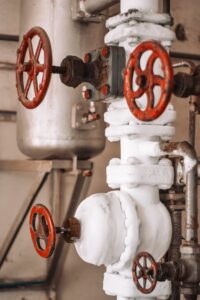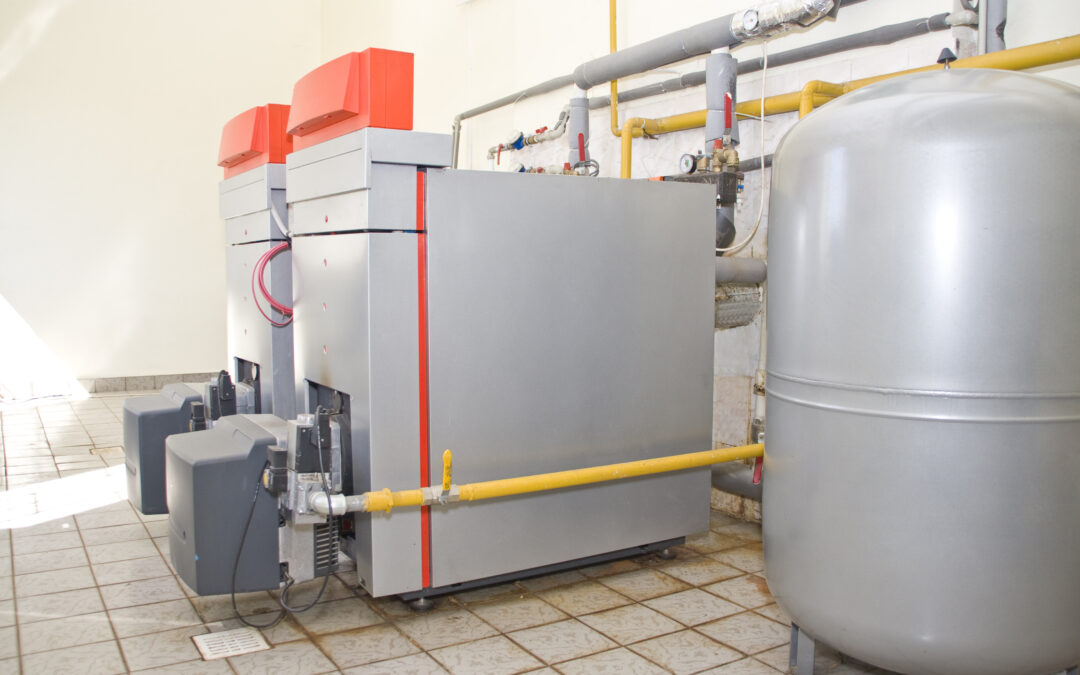One of the most costly home improvements is buying and installing a new boiler. It’s comparable to installing double glazing on one side of the house or rewiring it. So, understandably, homeowners want to know how much their boiler is worth and how long it will survive.
This article will examine the lifetime of a boiler and the elements that influence it.
How Long Do Boilers Last
Most boiler manufacturers and installers recommend a 15-year interval between new installations.
For anyone who grew up with a boiler that lasted two world wars and provided hot water for the entire family, 15 years may seem short. You’re overlooking its efficiency. Yes, even modern boilers should last 15 years or more. But that’s just an estimate of how long it takes to become so inefficient that buying a new one is cheaper – and not to mention the environmental damage.
An inside look at a boiler shows it to be a complex piece of equipment. It has pumps, expansion tanks, valves, pipes, a burner, and electrical components. Even high-quality components wear down at varying rates.
Consider that a boiler is a piece of equipment that continually expands and contracts, causing wear and stress on pipes and joints.
A new boiler should be maintained one year later and then annually afterward. For three reasons:
Boiler Safety
Keep things clean and efficient
To Keep Your Warranty
Boiler components do wear out, but it doesn’t imply the boiler is unusable. Having your boiler serviced yearly will improve its longevity and efficiency since parts may be cleaned, repaired, or replaced.
Boilers are frequently inherited when you purchase property since homeowners seldom take them with them. Find out whether it has a complete service history and when a professional boiler expert last saw it. It tells you how old its components are, how efficient it is, and how likely they will break down.
Limescale vs. Time
Calcium carbonate is limescale, the same chemical found in chalk, limestone (hence the name), and marble. Limescale is a flaky white coating on kettle components or boiling pans.
Calcium bicarbonate is what makes up limescale, a chemical that is also present in hard water. No hard and fast rule, although generally, if you reside in the UK’s South, East, or Midlands, you get hard water due to the water’s chemical structure.
A chemical process turns bicarbonate into carbonate, crystallizing within pipes, pumps, and even closed systems like radiators. It’s inevitable and sluggish, but eventually, the limescale crust will clog your pipes and render them inefficient.
A steady supply of fresh water and heat speed up the process, making boilers especially prone to limescale build-up.
Regardless that some are removable during maintenance, limescale build-up will undoubtedly limit the life of your boiler.
On the bright side, living in a region with soft water or installing a water softener may extend the life of a boiler.
When Should You Replace Your Boiler
If your boiler is producing weird sounds, losing pressure, or releasing hot water slowly or not at all, contact a professional boiler right once. They may be able to repair it.
Consider replacing it or at least saving up for it once it reaches its 15th year. Modern boiler technology, especially efficiency, has improved significantly in the last 15–20 years.
Installing a new boiler may save your gas expenses, boost your home’s worth, and minimize your carbon impact. It may be expensive, but it may save you money in the long run, mainly if your boiler has passed its 20th year.


Recent Comments